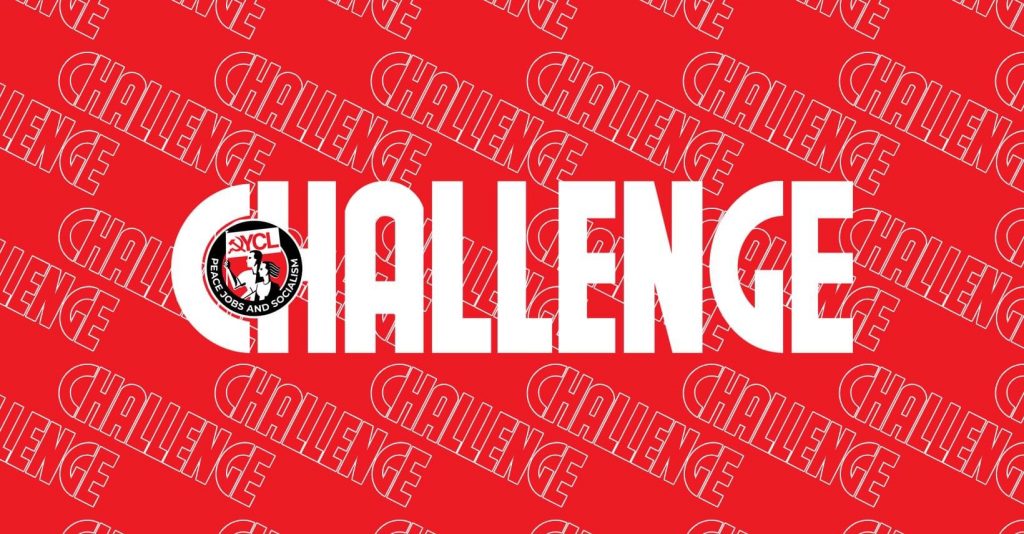Bolivia’s Supreme Electoral Court (TSE) announced yesterday (2 June 2020) that elections to the Legislative Assembly and the Presidency will be postponed until 6 September. The elections were originally due to take place on 3 May 2020 but were postponed indefinitely in March as Bolvia grappled with the COVID-19 lockdown.
There have been no elections in Bolivia since October 2019 which saw a victory for the left government of Evo Morales. This was swiftly followed by a US backed military coup d’etat in November which installed rightwinger and Christian fundamentalist Jeanine Áñez as interim president.
The coup came less than a week after the Bolivian government cancelled a deal to exploit lithium deposits with a transnational corporation. Lithium is essential to electric car batteries and Bolivia has some of the world’s biggest deposits.
A brutal crackdown by the army and militarised police on government supporters, trade unionists and indigenous activists followed as the coup junta struggled to contain popular resistance. Despite this, Evo Morales was forced to take up exile in neighbouring Argentina.
The election date will be finalised in a bill to be submitted by TSE to the Plurinational Legislative Assembly. According to the TSE, the bill is “the result of an intense yet patient process of negotiation, consultation, and analysis with all the political candidates and organizations, which translates into a valuable understanding.”
“The country needs to confront the Coronavirus, whose numbers have increased significantly, and address its first serious impacts in numerous areas of collective life,” TSE stated. “Bolivia also needs an electoral process that gives a firm footing to democracy, peaceful social coexistence, and political stability.”
The elections will be the first opportunity for the Bolivian people since the coup to make their voices heard at the ballot box, deciding who will hold office in the Legislative Assembly and the Presidency.
The coup government has been criticised at home and internationally for it’s illegitimacy, human rights abuses and its failure to respond effectively to the COVID-19 Pandemic.
Bolivia, with a population of 11.5 million has recorded more than 10,500 coronavirus cases and 343 deaths. When the election was postponed in March, there had been just 19 confirmed cases.
Jeanine Áñez has been accused of using the pandemic to stay in power, as her claim to power as interim leader is to facilitate fresh elections. Evo Morales has been barred from standing but the Movimiento al Socialismo of which he is president will contest the elections.
Challenge News Desk




